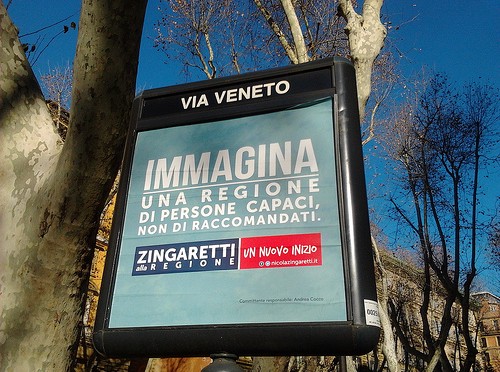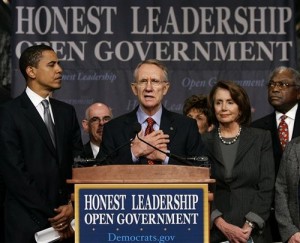How we value competence, honesty and other valuable traits depends on how close politicians are to our ideas. If they are distant, we tend to dismiss those qualities. We may even prefer unsavory politicians if the alternative is someone supporting policies we deeply dislike. We report the results from an experiment conducted by Fabio Franchino and Francesco Zucchini with the research assistance of Alessandra Caserini of the Laboratorio Indagini Demoscopiche, Università degli Studi di Milano.
Un brigante onesto è un mio ideale. Giuseppe Garibaldi
Competence, like truth, beauty and contact lenses, is in the eye of the beholder. Laurence J. Peter
‘Honesty is the best policy’. How can we disagree with Benjamin Franklin? Right? But how do we actually value honesty and other universally cherished traits, such as competence and dedication, when we choose politicians?
In 2012–13, we have conducted experiments in which participants were asked to choose between candidates who vary along three character-based valence (education, income and honesty) and two ideological (attitudes toward taxation and spending and the rights of same-sex couples) attributes.
Our results indicate that education and integrity, but not income (unsurprisingly), indeed behave like valence issues in which voters prefer more to less. More interestingly, the degree to which a valence attribute like education, which is a proxy for competence, influences the propensity to choose a given candidate depends on the proximity between the political views of the respondent and the political views of the candidate.
In other words, we do value competent politicians, so long as they share our views. If they do not, we tend to dismiss these traits.
In awkward situations where participants have to choose between one politician with whom they share the political views, but there are issues concerning his integrity, and a second politician who is clean but supports disliked policies, they tend to prefer the (at least integrity-wise) unsavory candidate.
Honesty is the best policy, if you support the best policies.
The article is available here

